Books by Antonia Juhasz
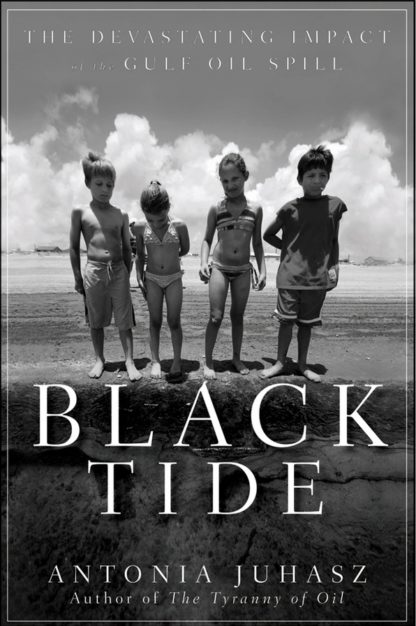
Black Tide: the Devastating Impact of the Gulf Oil Spill.
By Antonia Juhasz, Wiley Publishers, April 2011. It is the largest oil disaster in American history, and it could happen again. It is more than a story of ruined beaches, dead wildlife, chemical dispersants, corporate spin, political machinations, and financial fallout. It is a riveting human drama filled with people whose lives will forever be defined as “before” and “after” the Gulf oil disaster. Black Tide is the only book to tell this story through the perspective of people on all sides of the catastrophe, from those who lost their lives, loved ones, and livelihoods to those who made the policies that set the devastating event in motion, those who cut corners that put corporate profits over people and the environment, and those who have committed their lives to ensuring that such an event is never repeated.
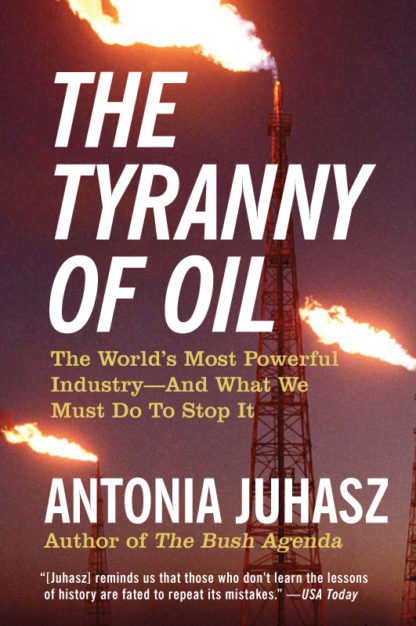
The Tyranny of Oil: the World’s Most Powerful Industry–And What We Must Do To Stop It.
By Antonia Juhasz, published by HarperCollins, December 2008. The hardest-hitting exposé of the oil industry in decades answers today's most pressing energy questions: Why did oil and gasoline prices rise and fall so quickly? Where will prices go in the future? Who’s really controlling those prices? How much oil is left? How far will Big Oil go to get it? And at what cost to the economy, environment, human rights, worker safety, public health, democracy, and America’s place in the world? Juhasz investigates the true state of the U.S. oil industry—uncovering its virtually unparalleled global power, influence over our elected officials, its lack of regulatory oversight, the truth behind $150-a-barrel oil, $4.50-a-gallon gasoline, and the highest profit in corporate history. Exposing an industry that thrives on secrecy, Juhasz shows how Big Oil manages to hide its business dealings from policy makers, legislators, and most of all, consumers. She reveals exactly how Big Oil gets what it wants—through money, influence, and lies.
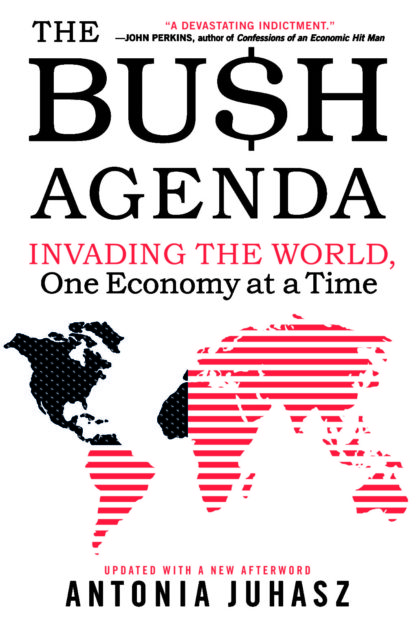
The Bu$h Agenda : Invading the World, One Economy at a Time.
By Antonia Juhasz, Harper Collins Publishers, 2006. Juhasz uncovers the history and key role of U.S. corporations in the creation of the Bush agenda, focusing on Bechtel, Lockheed Martin, Chevron, and Halliburton. Presenting the Iraq War as the most brutal application of the Bush agenda, Juhasz reveals the "oil time-line" driving the war, and how the administration has fundamentally transformed Iraq's economy, locking in sweeping advantages to its corporate allies – including increased access to Iraq's oil.
Contributing Author
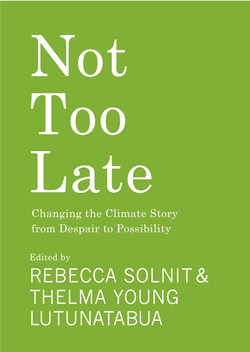
Not Too Late: Changing the Climate Story from Despair to Possibility
An energizing case for hope about the climate, from Rebecca Solnit (“the voice of the resistance”—New York Times), climate activist Thelma Young Lutunatabua, and a chorus of voices calling on us to rise to the moment.
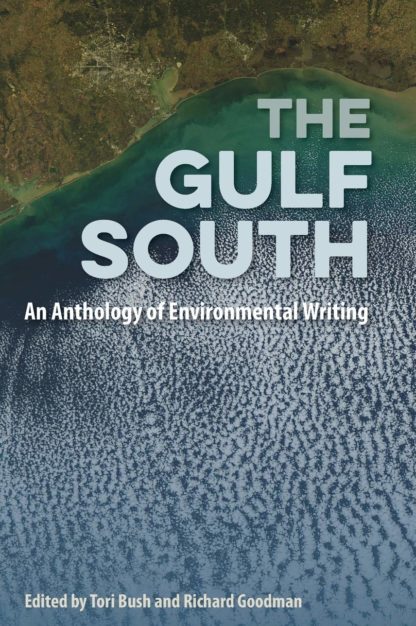
The Gulf South: An Anthology of Environmental Writing
Antonia's investigative article “Thirty Million Gallons Under the Sea: Following the trail of BP's oil in the Gulf of Mexico,” which originally appeared in Harper’s Magazine in 2015, is included in the anthology. The first collection of environmental writing about the Gulf South region, this volume features a diverse array of voices from the past 100 years. The work of these writers and artists enriches how we understand and represent the relationship between people and the rapidly changing ecology of the Gulf.
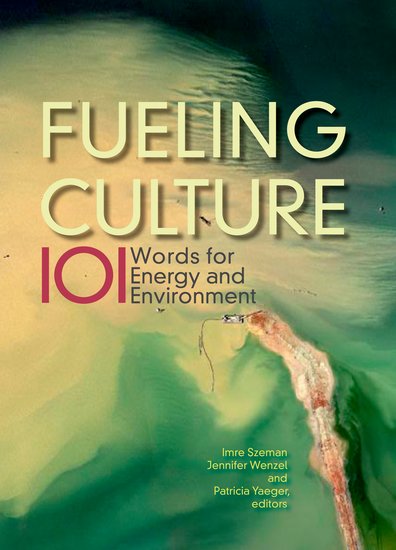
Fueling Culture: 101 Words for Energy and Environment
Antonia Juhasz contributed the chapter "Spill." Fueling Culture offers a compendium of keywords written by scholars and practitioners from around the world and across the humanities and social sciences.

The Best American Science and Nature Writing 2016
Antonia Juhasz contributed the investigative article "Thirty Million Gallons Under the Sea: Following the trail of BP's oil in the Gulf of Mexico" to the anthology. From a Pulitzer Prize-winning essay on the earthquake that could decimate the Pacific Northwest to the astonishing work of investigative journalism that transformed the nail salon industry, this is a collection of hard-hitting and beautifully composed writing on the wonders, dangers, and oddities of scientific innovation and our natural world.
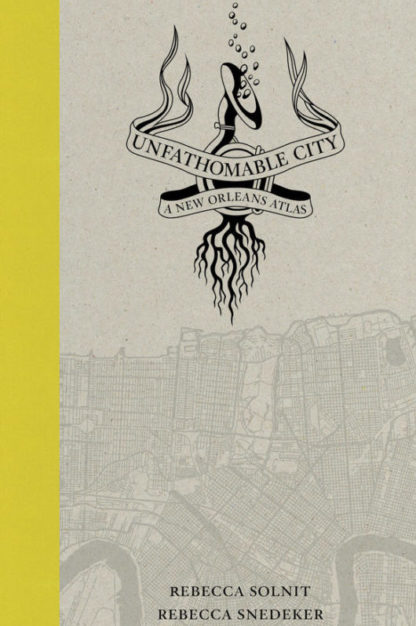
“Oil and Water,” in Unfathomable City: A New Orleans Atlas.
Antonia wrote the essay, “Oil and Water,” in the incredible new book, Unfathomable City: A New Orleans Atlas, edited by Rebecca Solnit and Rebecca Snedeker. Like the bestselling Infinite City: A San Francisco Atlas, this book is a brilliant reinvention of the traditional atlas, one that provides a vivid, complex look at the multi-faceted nature of New Orleans, a city replete with contradictions.
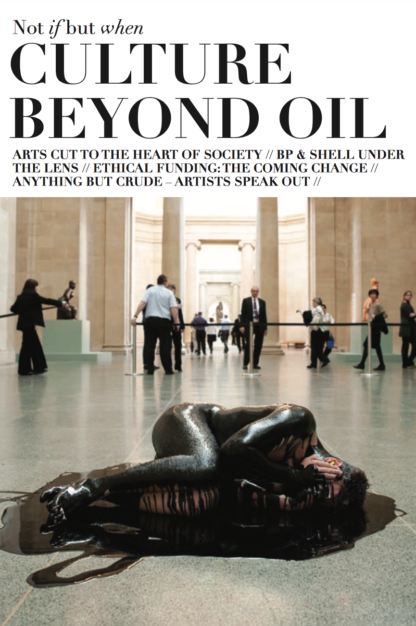
Not if but when: Culture Beyond Oil Publication
Antonia Juhasz is proud to be a contributor to this groundbreaking publication. ‘Not if but when: Culture Beyond Oil’ sets out to discuss oil sponsorship of the arts. The single issue, limited edition publication features artworks in dialogue with the BP Gulf of Mexico catastrophe and articles that set out the compelling arguments for an end to BP and Shell’s murky involvement with many of the nation’s favourite cultural institutions.
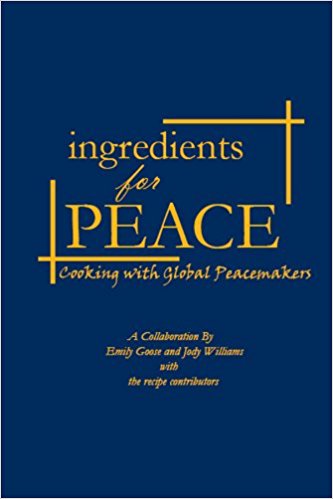
Ingredients for Peace: Cooking with Global Peacemakers
Antonia Juhasz contributed the recipe "Roasted Corn Broth with Chunky Pea Guacamole." A cookbook with recipes from peace advocates around the world including Nobel Peace Prize Laureates Shirin Ebadi, Wangari Maathai, Mairead Maguire, President José Ramos-Horta, Rigoberta Menchú Tum, Archbishop Desmond Tutu, Betty Williams and Jody Williams.
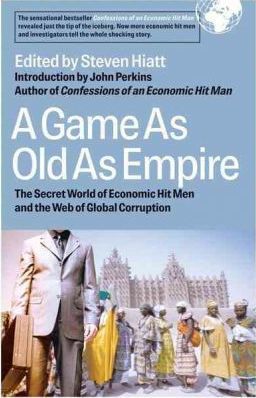
A Game as Old as Empire: The Secret World of Economic Hit Men and the Web of Global Corruption
Antonia Juhasz contributed Chapter 12: "Global Uprising: The Web of Resistance." Other EHMs, journalists, and investigators join Perkins to tell their own stories, providing the first probing and expansive look into this pervasive web of systematic corruption.
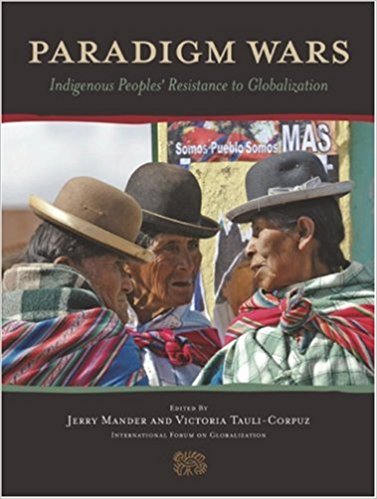
Paradigm Wars: Indigenous Peoples’ Resistance to Globalization
Antonia Juhasz contributed the chapter "Global Water Wars." In Paradigm Wars, Jerry Mander and Victoria Tauli-Corpuz, a leader of the global indigenous peoples movement and chair of the United Nations Permanent Forum on Indigenous Issues, have gathered an impressive international roster of contributors to document the momentous collision of worldviews that pits the forces of economic globalization against the Earth's surviving indigenous peoples.
